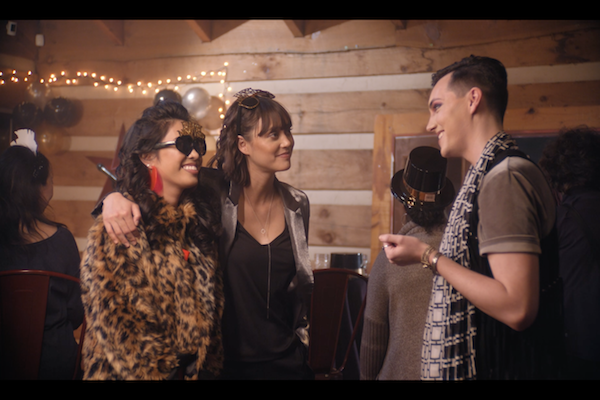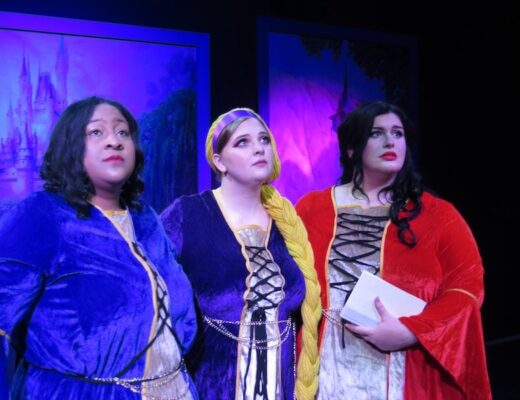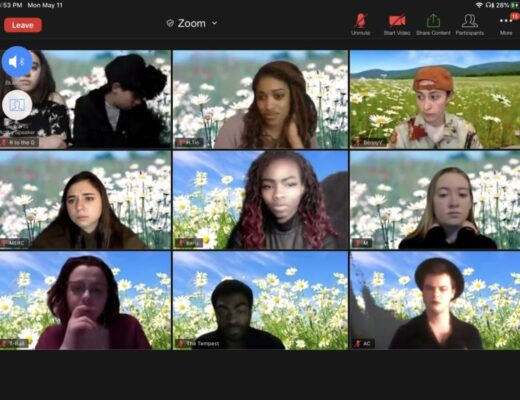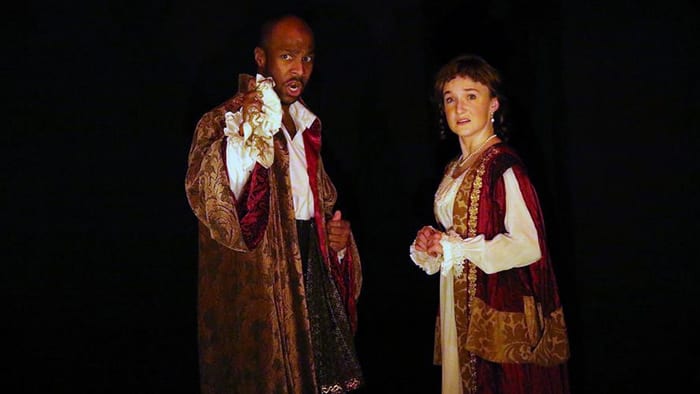By Kelly McDonnell
This article was first published December 16, 2020 in Tagg Magazine here.
The holiday season is going to be different this year. It might not feel as festive with loved ones at a distance or favorite businesses closed down. But a joyful, musical remedy during this time is the new holiday film, I Hate New Year’s, directed by Christin Baker of Tello Films.
When up-and-coming pop singer, Layne Price (Dia Frampton), hits a writer’s blocker for songwriting, a psychic named Zelena (Candis Cayne) advises her to travel back home to Nashville. Layne stays with her oldest and best friend Cassie, played by the charming Ashley Argota, most known for her roles on Disney Channel. Zelena advises Layne to go back to “a place where you need to learn to love again.” And these days, we could all use a reminder on how to love.
The conflict isn’t just Layne’s simple writer’s block. Cassie wants to tell Layne that she’s in love with her, even though they’re best friends. Layne is completely one-track-minded about fixing her writer’s block and doesn’t see the love she needs standing right beside her.
The film’s antics unfold throughout Nashville, with bubbly, if not typical rom-com scenes including a karaoke scene, a shopping montage and an impromptu musical number. The music in the film, which was written by Billy Steinberg and Josh Alexander, is heartfelt and perfectly bedroom pop. Steinberg’s repertoire features #1 hits for Madonna and Cyndi Lauper, explaining the film’s upbeat and pining soundtrack.
Argota is a force throughout this film. Not only does her voice enchant as she sings a melodic piano tune called “Hours of the Night,” she’s also the film’s emotional crutch. From the beginning of the film, we know her one desire: to express her love for her friend, no matter the cost. It’s a daring feat, and we want her to succeed. Argota’s eyes show the most emotion, and they’re glittering and enthralling to watch.
We watch Cassie struggle, loyally and dotingly following Layne through Nashville as she chases after an ex-girfriend. We see how painful it is for Cassie, but her persistence to be the best friend that Layne needs is heart-warming. It’s the perfect remedy for any cold feelings during this winter season.
The film’s other success is its familiarity. Unlike many other mainstream LGBTQ romances, there’s no coming-out drama. The characters’ sexuality just exists. It needs no explanation to any other character or to the audience, it has its history and its own realism. The normalized emotional connections between all the characters—many of whom are LGBTQ themselves—is refreshing to see on screen.
Like any cheesy holiday rom-com, there’s the opposition between the cheery friend, Cassie, and the Scrooge, Layne. These two characters clearly have a history, and though it’s not fully established or emoted just how well the two know each other, Frampton’s and Argota’s connection on screen feels authentic.
It’s joyful to watch these two friends do what we hopefully will be able to do again soon: go out without masks on, grab drinks in a crowded bar, sing karaoke into a shared microphone, and wander the streets with our hands intertwined.





No Comments